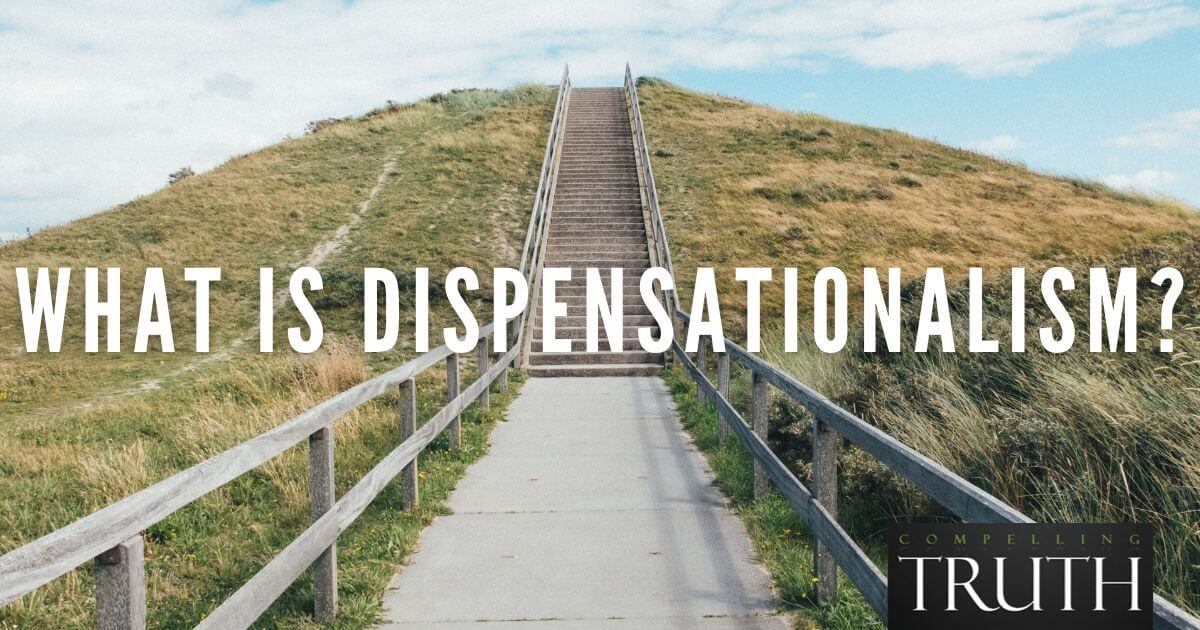Dispensationalism sees history as a series of stages in which God implements His plan. The Dispensation of Conscience is said to begin with Adam and Eve’s sin and continue until the Flood (Genesis 3:23 to 8:19). Some teachers outline each dispensation with key points such as “responsibility,” “failure,” “judgment,” “grace,” “revelation,” and “transition” to show similarity between the dispensations. In the Dispensation of Conscience, conscience was the God-given way humans could distinguish good from evil (responsibility). Almost immediately, Cain murdered Abel (failure), and violence spread until every thought and deed became corrupt (Genesis 4:6–7; 6:5, 11–12). God responded with the Flood (judgment), but spared Noah and his family (grace), then confirmed His covenant with them (revelation), leading into a new era (transition).
The New Testament recalls this period, highlighting both sin and grace. Abel, Enoch, and Noah are praised for their faith (Hebrews 11:2–7), and Noah is called a herald of righteousness (2 Peter 2:5). Paul points out that conscience testifies within people (Romans 2:15), but it cannot save them. Peter compares Noah’s rescue through water with baptism as pointing to salvation through Christ’s resurrection (1 Peter 3:18–21).
Every person has a conscience that witnesses to the difference between right and wrong. Yet, like those who lived before the flood, we often ignore or distort that inner voice. Also, the longer we sin, the more our conscience allows us to get away with wrongdoing without warning us of the danger. In short, through both its warnings and its seared silence, our conscience condemns us. Left to ourselves, we stand under the same judgment that came upon all the men and women at the time of the Flood. The difference is that the next global judgment will lead to eternity in hell's flames.
The good news is that, like with the ark, God has provided a way of escape from His wrath. Jesus Christ, the Son of God, lived without sin. Since only those who sin need to die (Romans 6:23a), He did not have to die. Yet He chose to do so willingly, so that He could be a substitute for sinful men and women. It was on the cross that He bore the judgment we deserved, taking on Himself the penalty for our sins. His resurrection proves that His sacrifice was accepted, and now we can have a relationship with God through Him.
The call is clear: turn from sin and trust in Christ alone. Admit your guilt, believe in what Jesus has done for you, and confess Him as Lord. If you do, your sins will be forgiven, and your conscience will be cleansed. You will then have the sure hope of eternal life. Now is the Dispensation of Grace—come to Christ and be saved!




